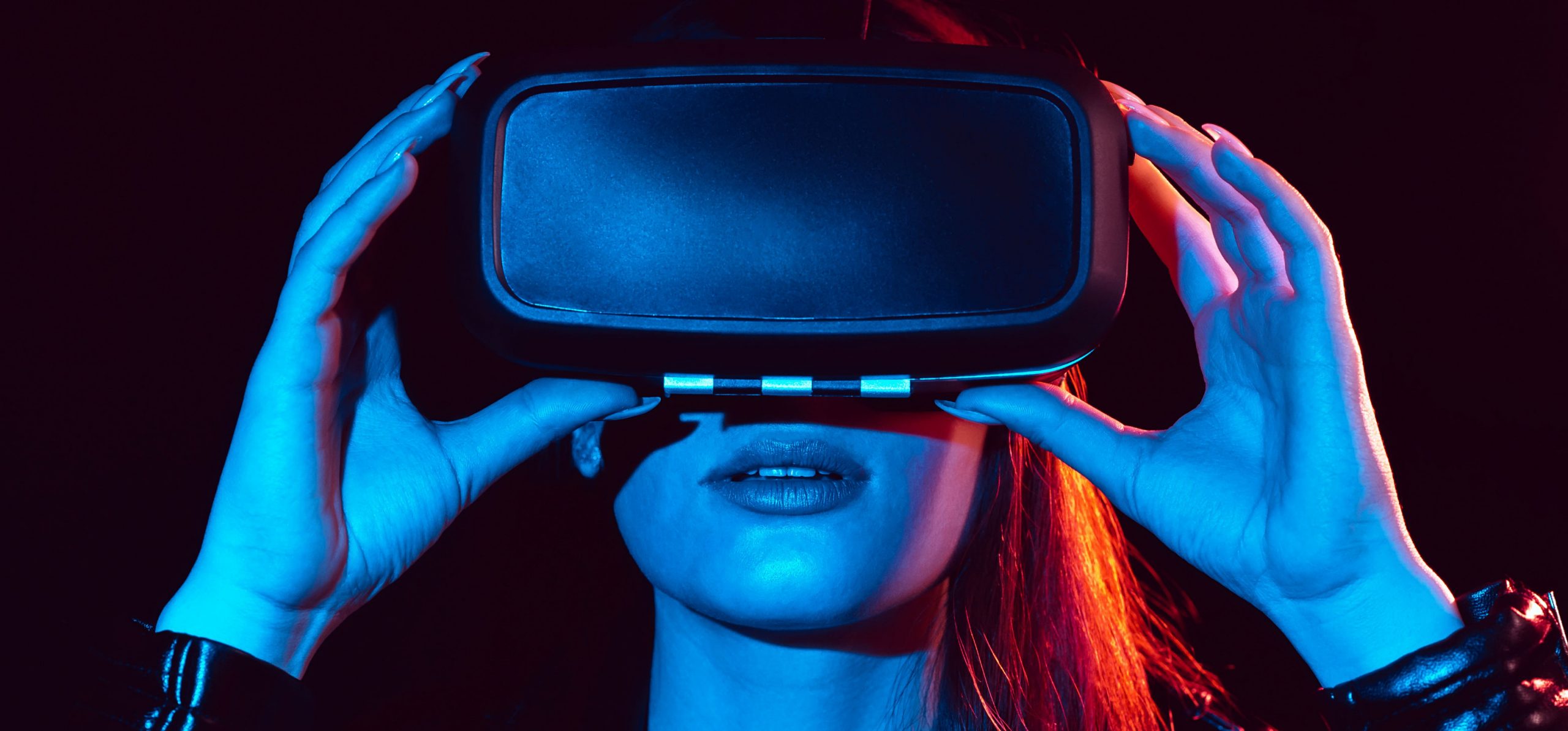Adaptive testing refers to adjusting the assessment based on the candidate’s abilities. It means selecting questions for candidates according to their scores on earlier questions to enhance the accuracy of measuring their skill level. If candidates perform well, the questions become more challenging; if they do not perform well, the questions become more manageable and easier. The candidate’s ability level gradually stabilizes, leading to a final test result.
This approach has several notable advantages: the time required to evaluate a candidate’s ability can be reduced by up to 50%, leading to quicker assessments. Additionally, candidates are often more motivated since they are not faced with excessively difficult or too easy questions. Furthermore, the test can assess a wide array of skills.
Some of the future trends in personalized assessments will include authentic experiences. Assessments will offer learners flexibility, choice and opportunities to demonstrate their skills in contexts most meaningful to them. Advanced technologies like AI, ML and gamification will accelerate the next generation of assessments. Efforts to build equitable AI, ensure data privacy and close the digital divide are therefore critical to the future of personalized evaluations.
Game-based assessments, too, have received much attention in the last decade. These assessments modify the original form of traditional evaluations by adding game elements to increase motivation. They are highly effective as they prioritize the candidate’s experience in the recruitment process. When candidates view a selection process positively, it can result in fewer withdrawals from the hiring process and an increased likelihood of job acceptance. These tests offer an accurate assessment of role competencies and a practical platform for candidates to showcase their skills in real-time.
For example, a gamified coding assessment can provide candidates with challenges that mirror real job scenarios. By tackling these challenges in a game format, candidates can showcase their coding skills, problem-solving capabilities, and creativity. This method gives hiring managers evidence of a candidate’s abilities with its interactive assessment nature for collecting detailed performance metrics, such as completion time, accuracy, and decision-making patterns.









 Behavioral Competencies
Behavioral Competencies Cognitive Competencies
Cognitive Competencies Coding Competencies
Coding Competencies Domain Competencies
Domain Competencies





















Would you like to comment?